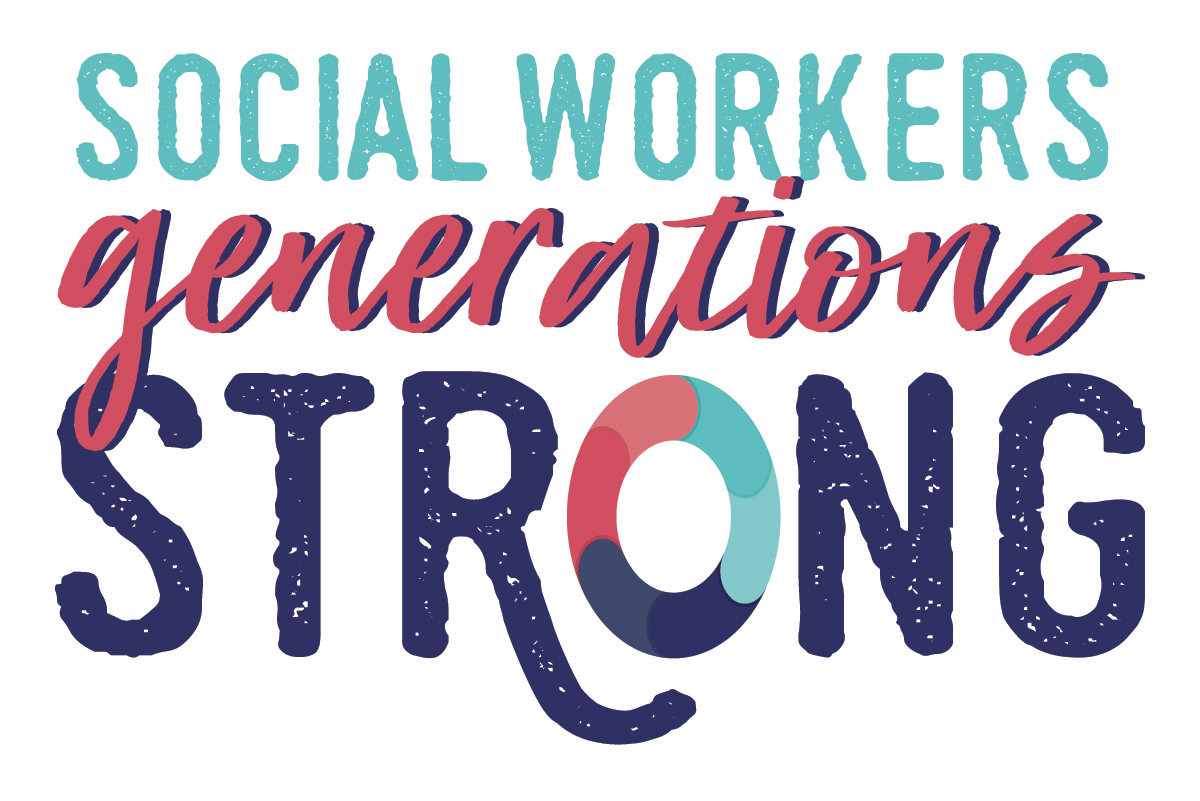

Social Work Month in March is a time to celebrate the great profession of social work.
The theme for Social Work Month 2020 is Social Workers: Generations Strong.
The theme has various meanings. As we enter a new decade it is important to look back and honor the powerful, positive impact the social work profession has had on our society for generations.
We also want to spotlight the life-affirming work that social workers from all generations — from the Greatest Generation to Generation Z — are doing. And since NASW is celebrating its 65th anniversary in 2020, Social Work Month is a great opportunity to remind social workers of the important work NASW has been doing for decades and the need to join.
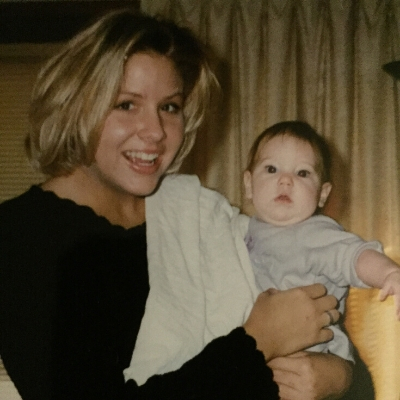
Samantha Fletcher, Executive Director of NASW-NYS Chapter
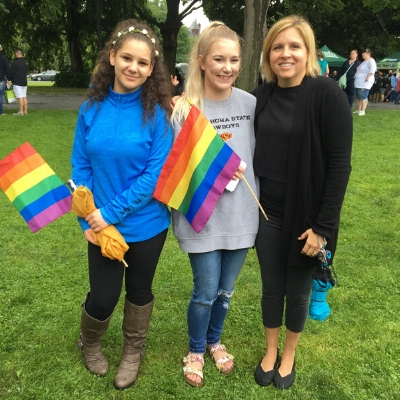
Emily Anderson, MSW Student

Natalie Winicov
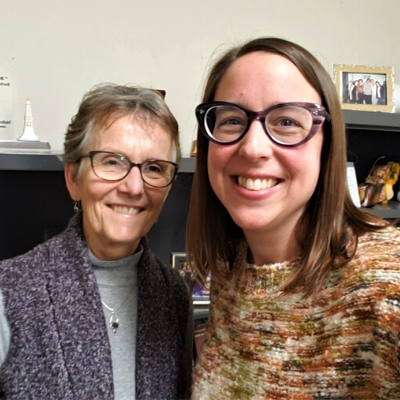
Interview of Mary McCarthy by Sharon Kollar
The diversity. The education and training to be a social worker is about listening and hearing and taking what you hear and using it to communicate more effectively, to build relationships, and to support people’s dreams. And you can do anything with that. It’s a great talent for so many kinds of work that it’s just a matter of finding the right place to put that energy. To find the right team of people to be engaged in that work with. But it could be anything. It’s more about the setting and the other partners than it is about the nature of the work itself because the skills are so useful in every part of one’s life.
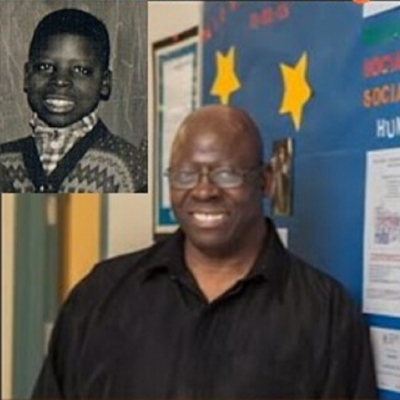
Silas W. Kelly, LMSW
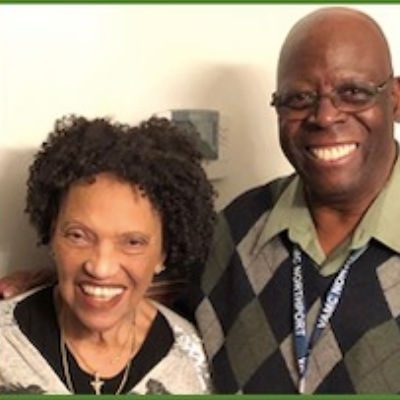
Lois Logan, LCSW-R
One of the greatest impact my generation had on the profession is fighting for and getting licensure for the profession. This was a long hard fight that involved many. This meant fighting for the respect and acknowledgement of the important and needed work we provide.
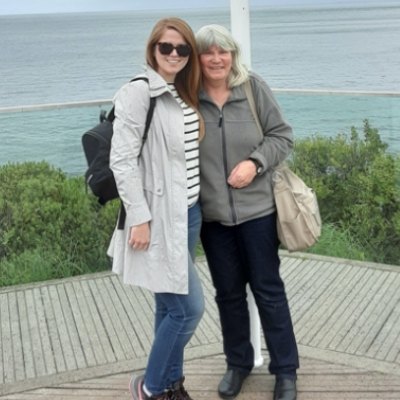
Vanessa Young, LCSW-R
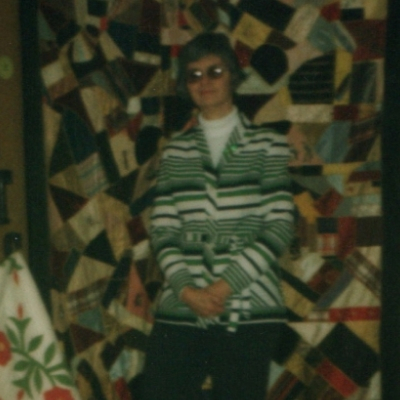
Steven Baranowski
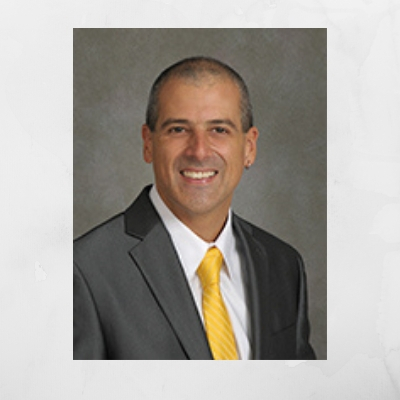
Stephen Rabeno, LCSW-R, Ph.D.
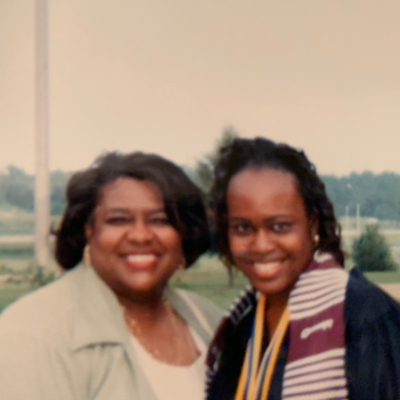
Mary Alexander, LBSW and Meredith Alexander Lewis, PhD, LICSW

